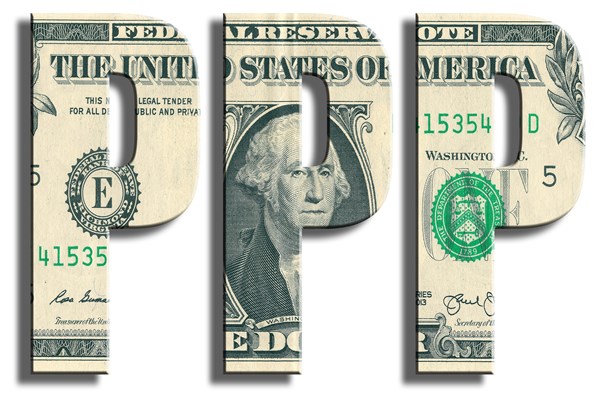Why is PPP fraud so prevalent?
The Paycheck Protection Program, commonly known as PPP, has become part of the vernacular. So, too, has PPP fraud. The New York Times estimates that approximately 15 percent, or $76 billion dollars, was acquired or used improperly, through PPP fraud. Jennis Law will post a series of articles addressing these matters, detailing what the government is doing to recover these funds, and, what to do if you are accused of PPP fraud.
Why is PPP fraud so prevalent?
First, it was enacted very quickly. With PPP one of the first initiatives adopted by Congress to provide immediate economic relief to those adversely affected by the pandemic, there were numerous changes to the rules as it was being developed. From holes in the regulations and other issues in the application process, to the backend process for loan forgiveness, the deficiencies created windows of opportunity for people and businesses looking to take advantage of the program.
Second, the inequality of the audit process. The government publicly committed to auditing certain PPP loans while approving others without investigating the claims. Regarding the former, these will be examined over a number of years and surely will unearth some large scale fraudulent schemes. As for the latter, which allowed scammers to aim for smaller scores, these too will be uncovered as the overall auditing process continues.
Third, and relatedly to the second point, there are a number of governmental agencies looking at PPP loans. They range from the Small Business Association and the IRS, to bankruptcy courts, especially when the debtor has filed for bankruptcy with a PPP loan on the books.
Fourth, there are a variety of criminal charges involved in PPP fraud, many of them with extended statutes of limitation. Some crimes have a range of ten years, meaning the government has plenty of time to go after many of these cases.
Fifth, there is a large volume of people and institutions seeking out PPP offenders. The PPP lender institutions have a staggering number of PPP recipients to look at, yet the amounts of dollars to be recovered make it worth seeking out fraudulent claims.
Sixth, there are qui tam and whistleblower actions to encourage employees or others with personal knowledge of PPP fraud to advance such cases. The financial compensation awarded to such people who choose to inform the government of such cases is a powerful motivating factor, and, one which will be discussed at greater length in one of our subsequent blogs.

